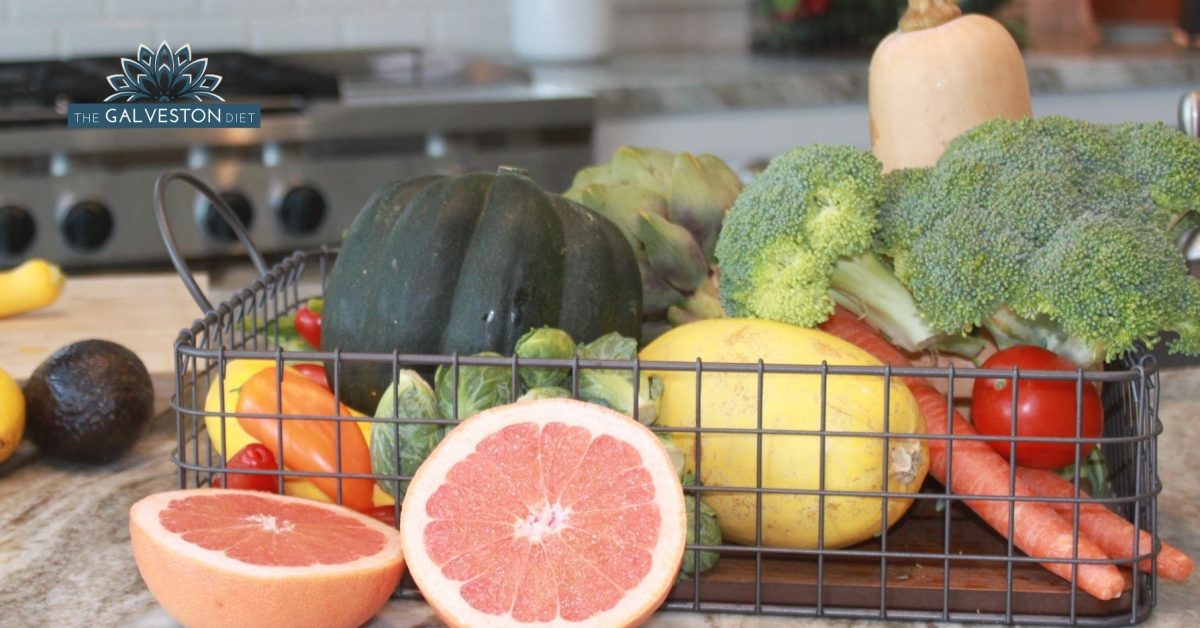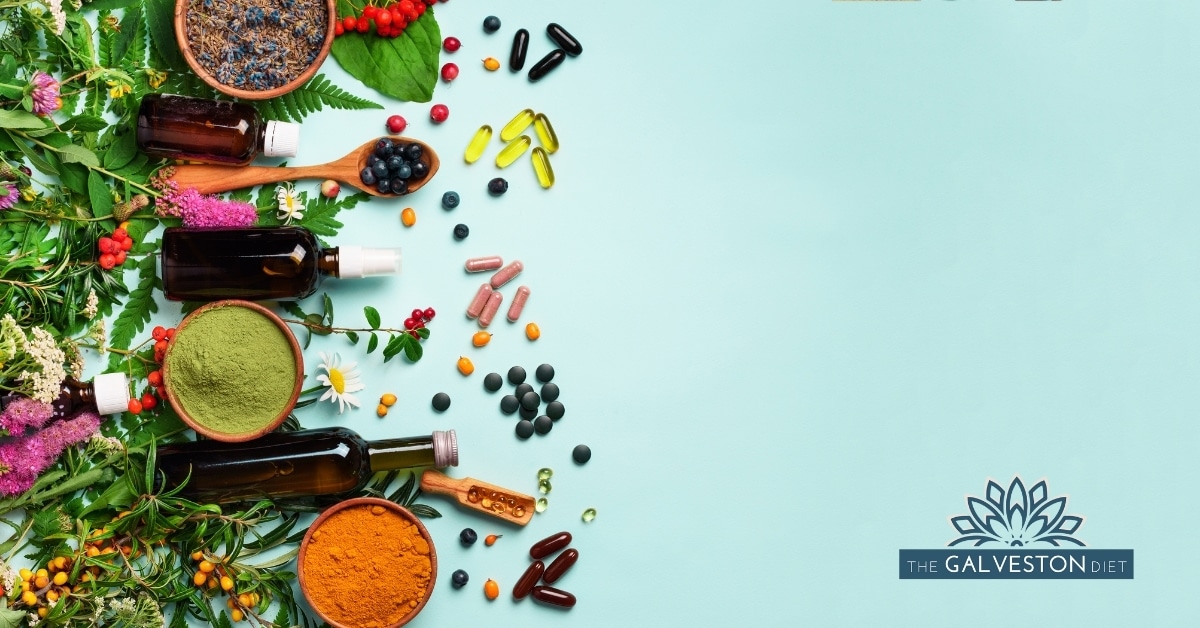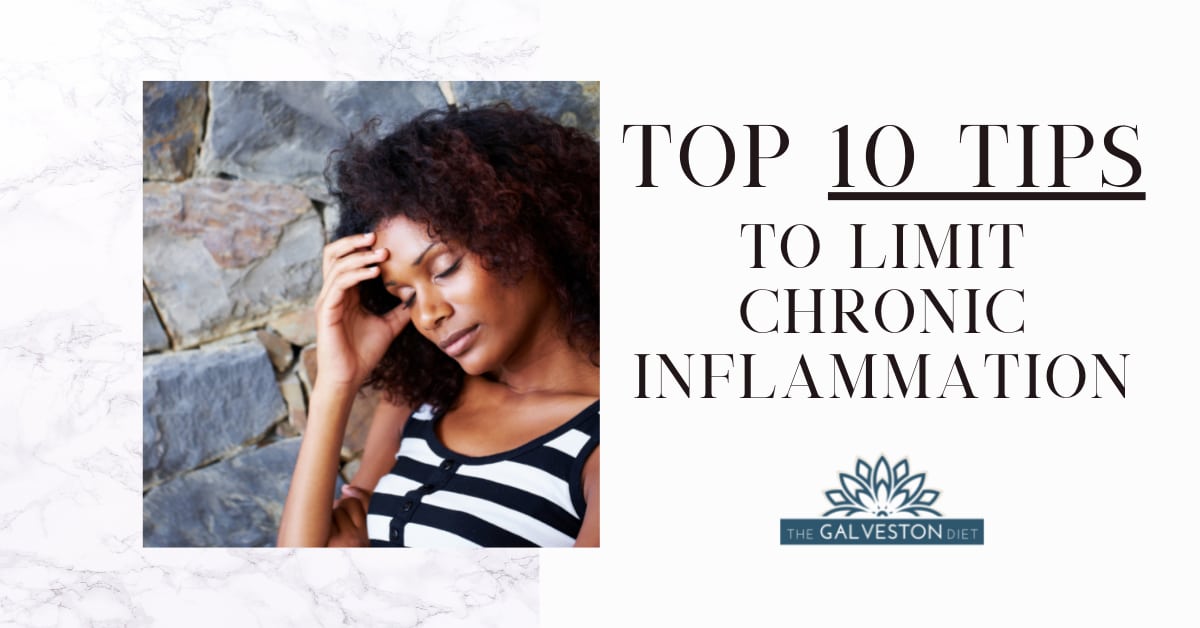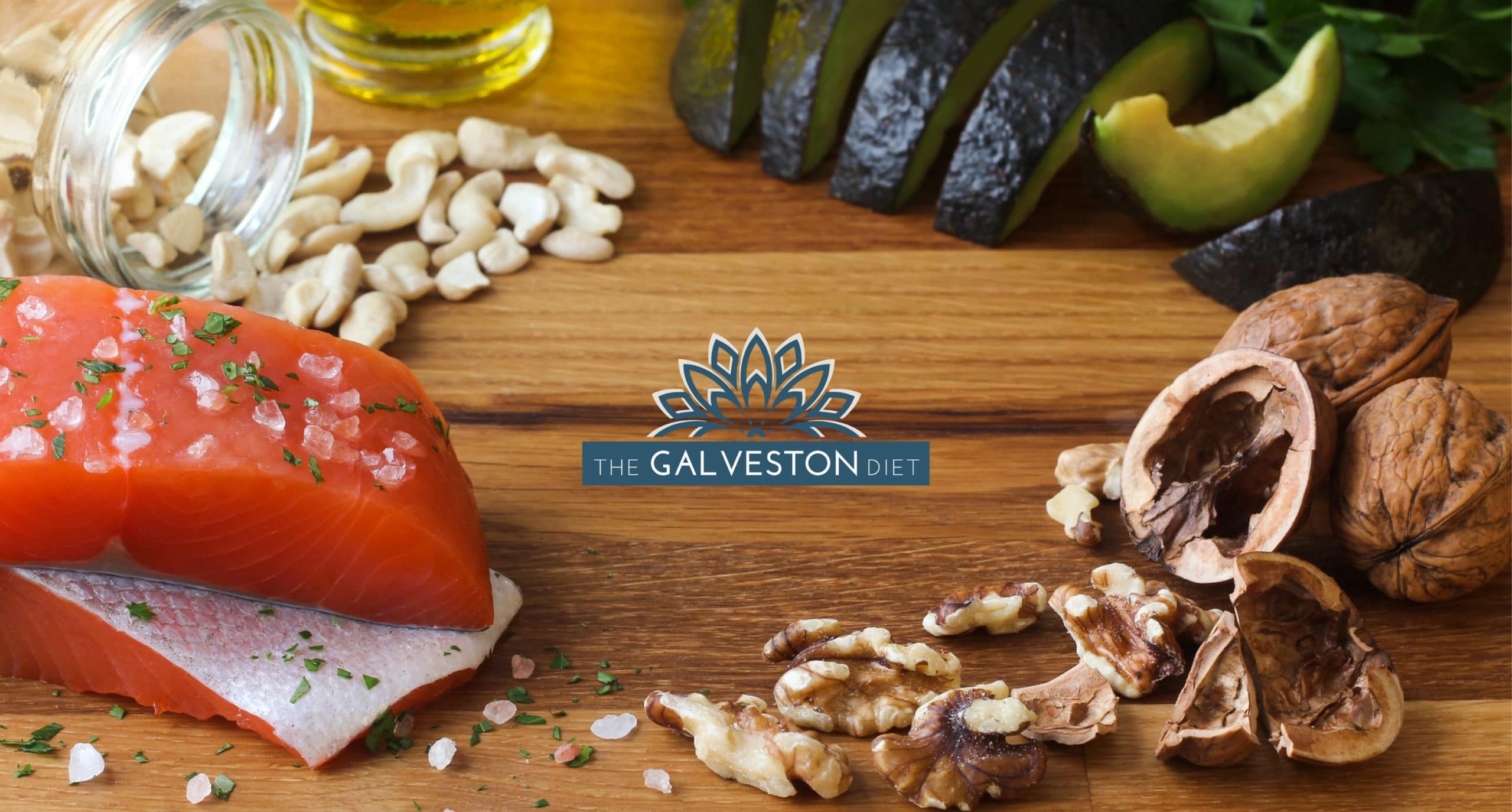Foods To Battle Stress During the Coronavirus Pandemic
If you’re feeling stressed, who can blame you? In a recent study, 53.8% of respondents rated the psychological impact of the coronavirus outbreak as moderate or severe; 16.5% reported moderate to severe depressive symptoms; 28.8% reported moderate to severe anxiety symptoms, and 8.1% reported moderate to severe stress levels.
Of all the possible treatments for stress – nutrition is one of the most overlooked and underutilized. Fortunately, many foods and beverages have stress-relieving qualities. Below are a few of my favorites!
1. Swiss chard
Swiss chard is a leafy green vegetable that’s packed with stress-fighting nutrients. It is packed with magnesium, which plays an important role in your body’s stress response. Low levels of magnesium are associated with conditions like anxiety and panic attacks. Plus, chronic stress may deplete your body’s magnesium stores, making this mineral especially important when you’re stressed.
Try this delicious Swiss chard Recipe: https://simplysohealthy.com/wilted-chard-bacon-garlic
2. Kimchi
Kimchi is a fermented vegetable dish that’s typically made with napa cabbage and daikon, a type of radish. Like kimchi, sauerkraut, kefir, miso, and yogurt, fermented foods are packed with beneficial bacteria called probiotics and are high in vitamins, minerals, and antioxidants. Many other studies show that probiotic supplements and probiotic-rich foods like kimchi have beneficial effects on mental health. This is likely due to their interactions with your gut bacteria, which directly affect your mood.Kimchi is available at most larger grocery stores – but you can make your own: https://www.feastingathome.com/how-to-make-kimchi/
3. Artichokes
Artichokes are an incredibly concentrated source of fiber and especially rich in prebiotics, a type of fiber that feeds the friendly bacteria in your gut. Animal studies indicate that probiotics like fructooligosaccharides, which are concentrated in artichokes, may reduce stress levels.
Plus, one review demonstrated that people who ate 5 or more grams of prebiotics per day experienced improved anxiety and depression symptoms, and that high-quality, prebiotic-rich diets may reduce your risk of stress.
Artichokes are also high in potassium, magnesium, and vitamins C and K, all of which are essential for a healthy stress response.
4. Eggs
Eggs are often referred to as nature’s multivitamin because of their impressive nutrient profile. Whole eggs are packed with vitamins, minerals, amino acids, and antioxidants needed for a healthy stress response.
Whole eggs are particularly rich in choline, a nutrient found in large amounts in only a few foods. Choline has been shown to play an important role in brain health and may protect against stress. Animal studies note that choline supplements may aid stress response and boost mood.
Here is a fabulous recipe that combines artichokes AND eggs: https://cooking.nytimes.com/recipes/1012398-artichoke-heart-frittata
5. Shellfish
Shellfish, including mussels, clams, and oysters, are high in amino acids like taurine, which has been studied for its potential mood-boosting properties.
Taurine and other amino acids are needed to produce neurotransmitters like dopamine, which are essential for regulating stress response.
Try this Shellfish Cioppino recipe for a mood-boosting treat: https://nourishedkitchen.com/shellfish-cioppino/
6. Fatty fish
Fatty fish like mackerel, herring, salmon, and sardines are incredibly rich in omega-3 fats and vitamin D, which have been shown to help reduce stress levels and improve mood.
Omega-3 fatty acids are essential for brain health and mood and may also help your body handle stress by keeping chronic inflammation levels low. Low omega-3 intake is linked to increased anxiety and depression in Western populations.
Vitamin D also plays a critical role in mental health and stress regulation. Low levels are associated with an increased risk of anxiety and depression.
Looking for the perfect way to grill salmon? Check this out: https://www.foodiecrush.com/best-grilled-salmon/
7. Parsley
Parsley is a nutritious herb packed with antioxidants — compounds that neutralize unstable molecules called free radicals and protect against oxidative stress.
Oxidative stress is associated with many illnesses, including mental health disorders like depression and anxiety. Studies suggest that a diet rich in antioxidants may help prevent stress and anxiety.
Antioxidants help reduce inflammation, which is often high in those with chronic stress. Parsley is especially rich in carotenoids, flavonoids, and volatile oils, all of which have powerful antioxidant properties.
Buy some parsley this week, chop fine, and toss on salads, veggies, and any casseroles for a flavorful, nutritious punch!
8. Sunflower seeds
Sunflower seeds are a great source of Vitamin E. This fat-soluble vitamin acts as a powerful antioxidant and is essential for mental health. A low intake of this nutrient is associated with altered mood and depression
Sunflower seeds are also high in other stress-reducing nutrients, including magnesium, manganese, selenium, zinc, B vitamins, and copper.
I love sunflower seeds as a snack or sprinkled on my salads.
9. Broccoli
Cruciferous vegetables like broccoli are renowned for their health benefits. A diet rich in cruciferous vegetables may lower your risk of certain cancers, heart disease, and mental health disorders like depression and anxiety.
Cruciferous vegetables like broccoli, Brussels sprouts, cabbage, arugula, watercress, and kale are some of the most concentrated food sources of some nutrients — including magnesium, vitamin C, and folate — that have been proven to combat depressive symptoms. Broccoli is rich in sulforaphane, a sulfur compound with neuroprotective properties and may offer calming and antidepressant effects.
10. Chickpeas
Chickpeas are packed with stress-fighting vitamins and minerals, including magnesium, potassium, B vitamins, zinc, selenium, manganese, and copper.
These delicious legumes are also rich in L-tryptophan, which your body needs to produce mood-regulating neurotransmitters).
A diet rich in legumes like chickpeas experienced better mood and less stress than those who followed a diet rich in processed foods.
11. Tahini
Tahini is a rich spread made from sesame seeds, which are an excellent source of the amino acid L-tryptophan.
L-tryptophan is a precursor of the mood-regulating neurotransmitters dopamine and serotonin. Following a diet high in tryptophan may help boost mood and ease symptoms of depression and anxiety.
Love this recipe that makes the healthiest ever Hummus with chickpeas and homemade tahini: https://www.inspiredtaste.net/15938/easy-and-smooth-hummus-recipe/
12. Chamomile tea
Chamomile is a medicinal herb that has been used since ancient times as a natural stress reducer. Its tea and extract have been shown to promote restful sleep and reduce symptoms of anxiety and depression.
Try switching out your nightly glass of wine for a cup of chamomile tea and see if your sleep improves!
13. Blueberries
Blueberries are associated with a number of health benefits, including improved mood. These berries are high in flavonoid antioxidants that have powerful anti-inflammatory and neuroprotective effects. They may help reduce stress-related inflammation and protect against stress-related cellular damage. What’s more, studies have shown that eating flavonoid-rich foods like blueberries may safeguard against depression and boost your mood.
Blueberries are my “go-to fruit” – packed with fiber and nutrition. I toss them in smoothies, or eat right out of the box as a snack!
As a board-certified OB-GYN and Culinary Medicine specialist, I recognize that pharmaceuticals are important, but that perhaps, we should try nutritional changes FIRST before considering other options.






